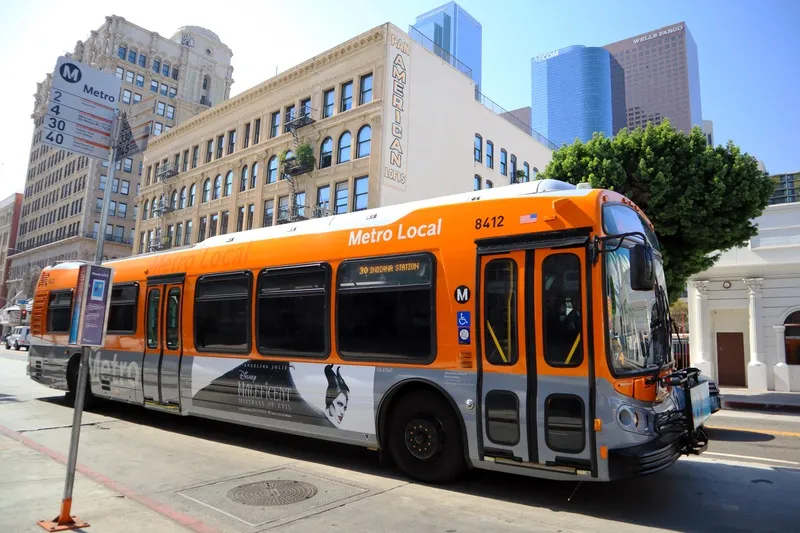The Commonwealth of Virginia, US, has named I-66 Express Mobility Partners as the preferred proposer for the Transform 66 Outside the Beltway project. The
The Transform I-66 Outside the Beltway Project extends 22 miles along the Interstate 66 corridor between US Route 29 near Gainesville in Prince William County and Interstate 495 in Fairfax County, with a total investment of more than US$3 billion.
The project includes three toll-free lanes in each direction and two express lanes in each direction with a state-of-the-art open-road electronic toll collection system. It will also provide direct access between the express lanes and new or expanded commuter lots, new and expanded transit service and park-and-ride lots and interchange improvements to enhance safety and reduce congestion, including auxiliary lanes between interchanges, where needed.
In addition to Cintra and Meridiam, I-66 Express Mobility Partners includes lead contractors
Cintra, Meridiam-led consortium preferred proposer for Virginia’s toll project
The Commonwealth of Virginia, US, has named I-66 Express Mobility Partners as the preferred proposer for the Transform 66 Outside the Beltway project. The Cintra and Meridiam-led consortium will design, build, finance, maintain and operate the project, designed to relieve congestion, improve safety and provide more predictable travel times for Northern Virginia and the Washington, DC metro region.
November 7, 2016
Read time: 2 mins










